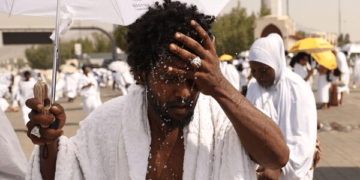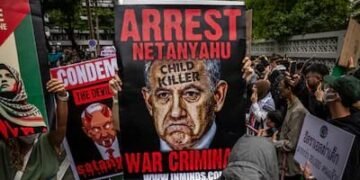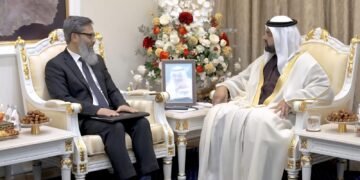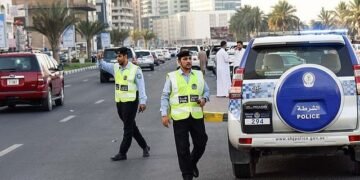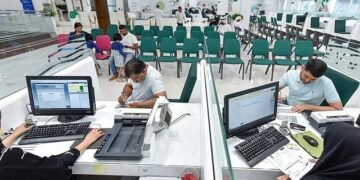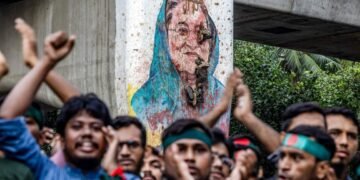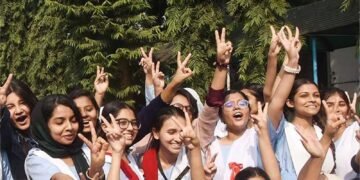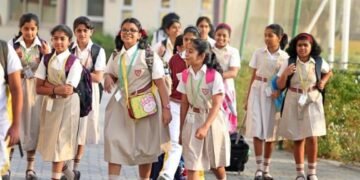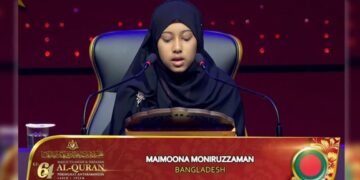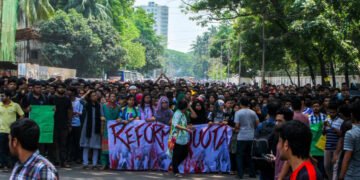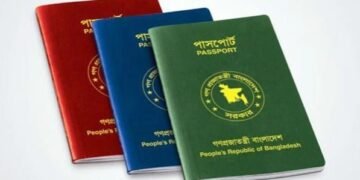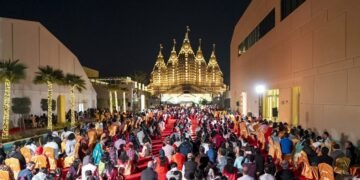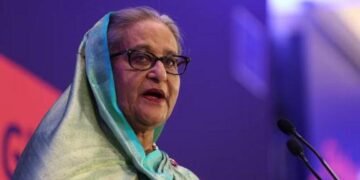Bangladesh’s Prime Minister Sheikh Hasina Wazed has resigned and left the country, after weeks of student-led protests spiralled into deadly, nationwide unrest.
The 76-year-old fled in a helicopter on Monday to India, reports said, as thousands of protesters stormed her official residence in the capital city Dhaka.
This brings an end to the reign of Bangladesh’s longest-serving PM, who has wielded a tight grip on the country for more than 20 years in total.
Credited for overseeing the South Asian country’s economic progress, Ms Hasina has however in recent years been accused of turning autocratic.
The latest protests were the most serious challenge Ms Hasina faced since taking office, and follows a highly controversial election where her party was re-elected for the fourth straight parliamentary term.
Amid increasing calls for her to resign, she had remained defiant. She condemned the agitators as “terrorists” and appealed for support to “suppress these terrorists with a firm hand”.
The unrest in Dhaka and elsewhere began with a demand to abolish quotas in civil service jobs but turned into a wider anti-government movement.
In the wake of the pandemic, Bangladesh has been struggling with the escalating cost of living. Inflation has skyrocketed, its foreign exchange reserves have dropped precipitously, and its foreign debt has doubled since 2016.
Critics have blamed this on Ms Hasina’s government’s mismanagement, and say that Bangladesh’s previous economic success only helped those close to Ms Hasina’s Awami League due to endemic corruption.
They also say the country’s progress has come at the cost of democracy and human rights, and allege that Ms Hasina’s rule has been marked by repressive authoritarian measures against her political opponents, detractors and the media.
The government and Ms Hasina has denied such allegations.
But in recent months, many senior leaders from the BNP have been arrested, along with thousands of supporters following anti-government protests – a remarkable turnaround for a leader who once fought for multi-party democracy.
Rights groups have also expressed concern about hundreds of cases of alleged enforced disappearances and extra-judicial killings by security forces since 2009.
Ms Hasina’s government flatly denies claims that it’s behind such abuses – but it also severely restricts visits to foreign journalists who want to investigate such allegations.






